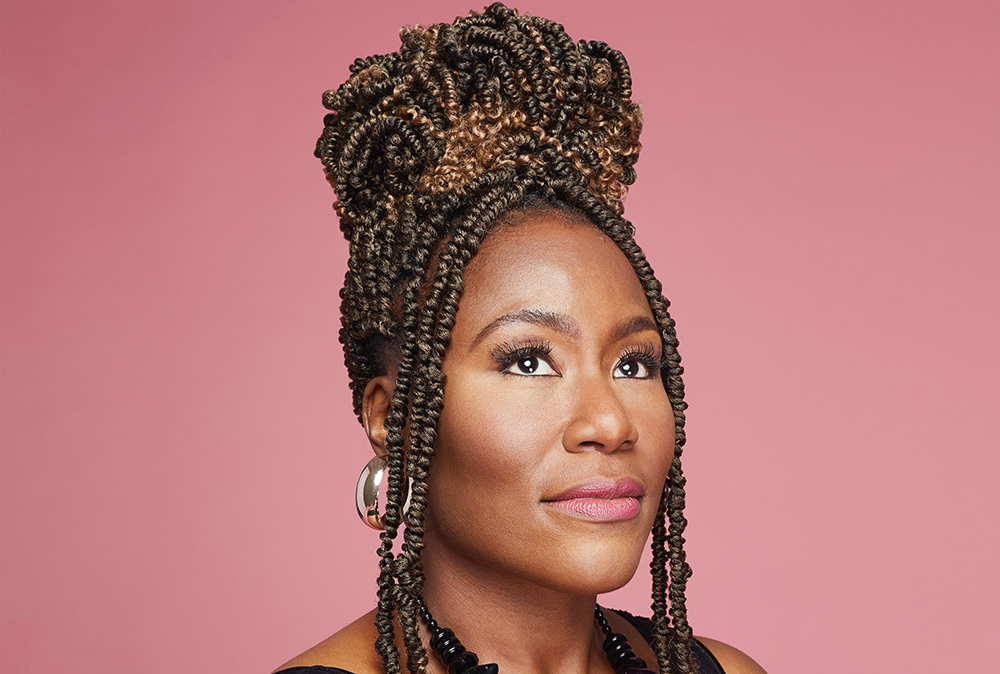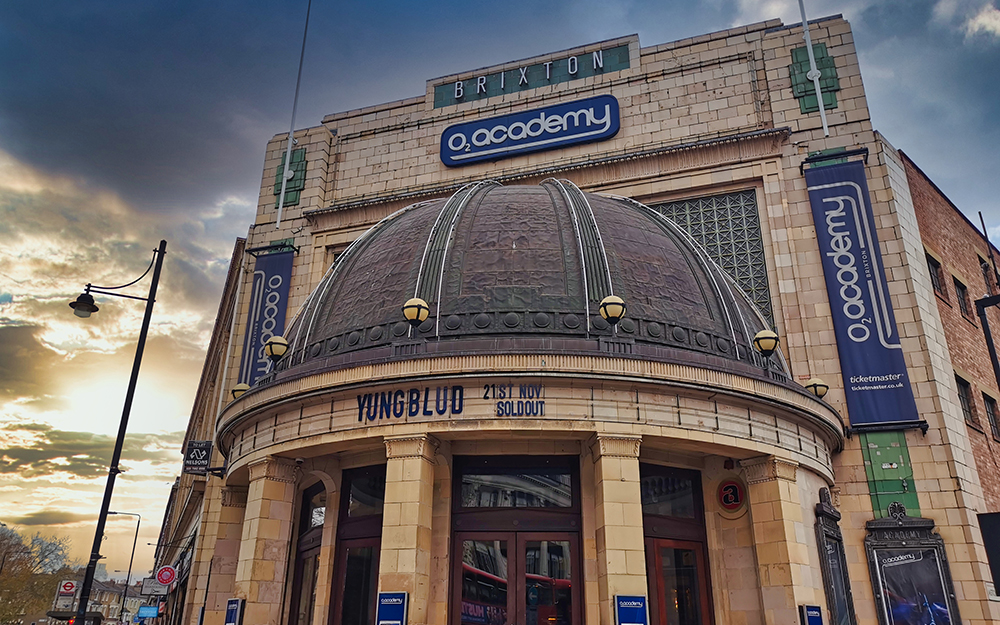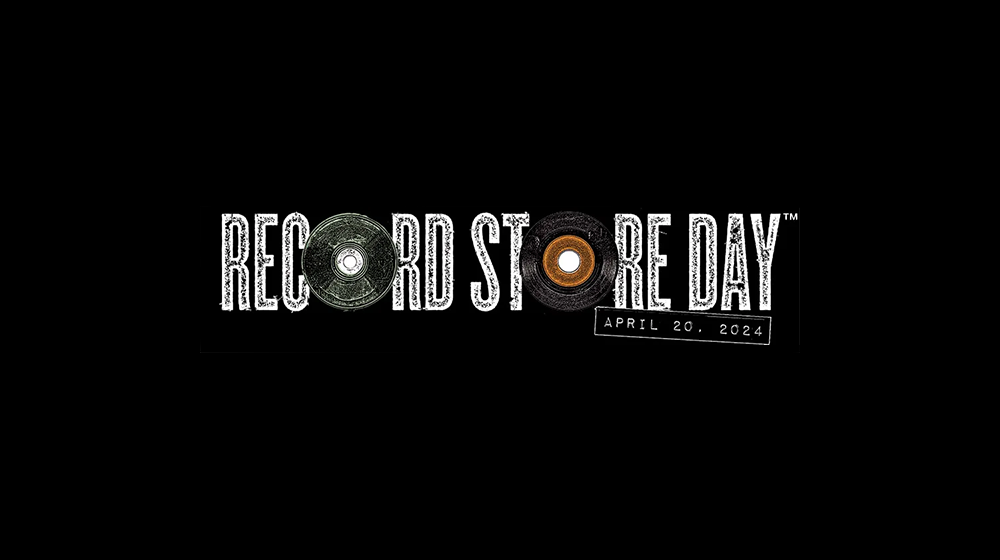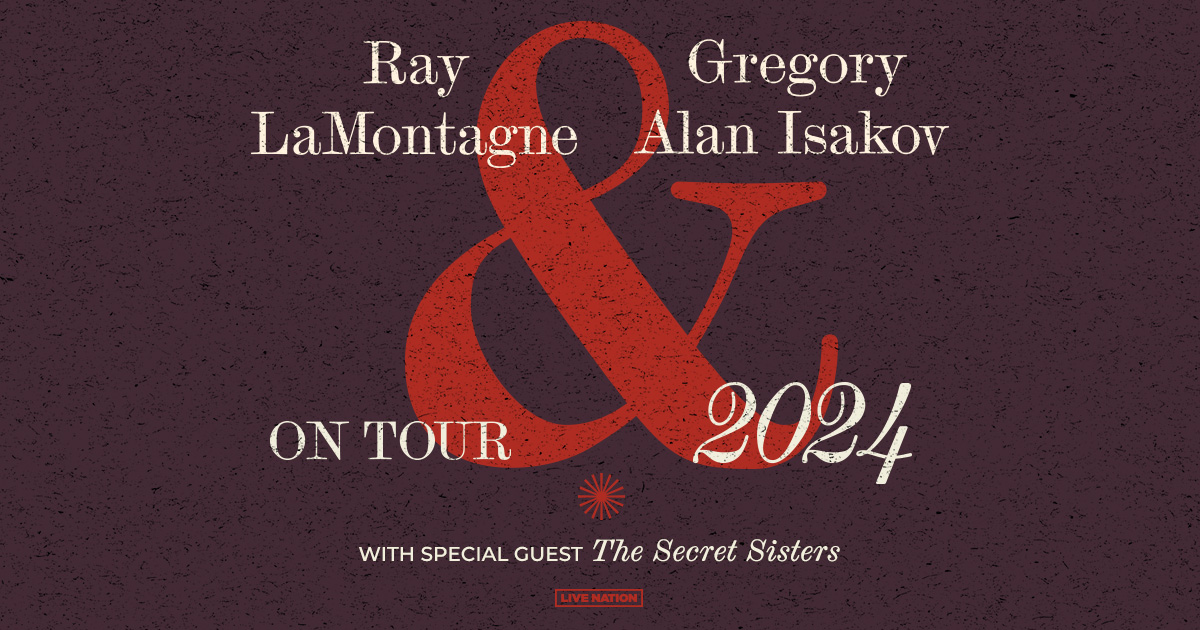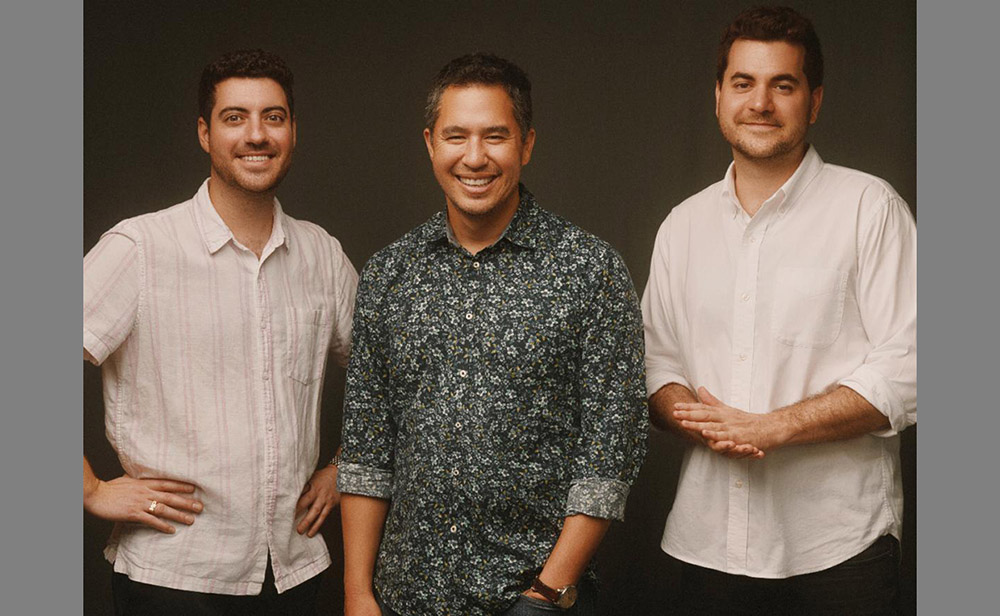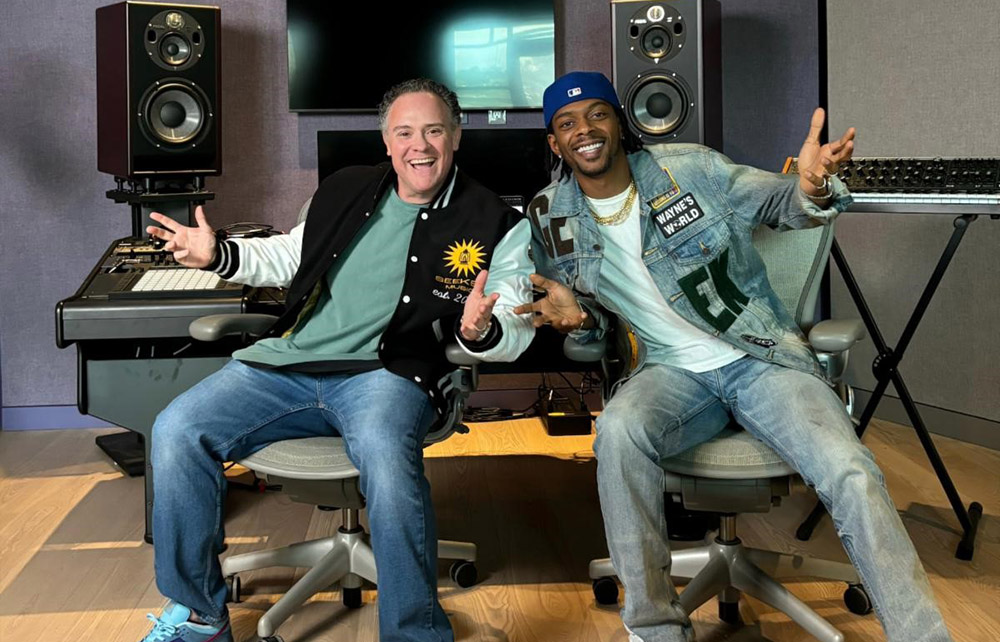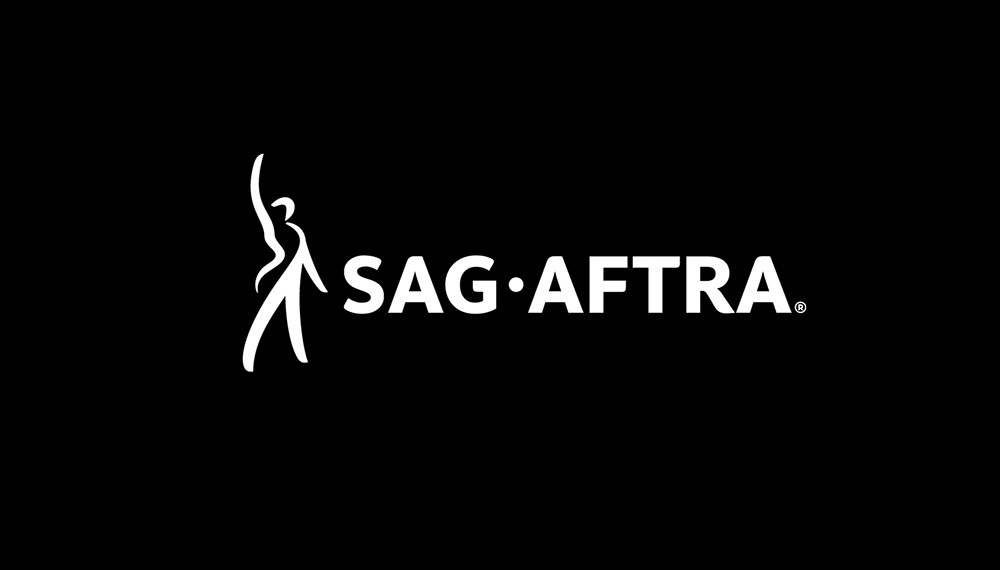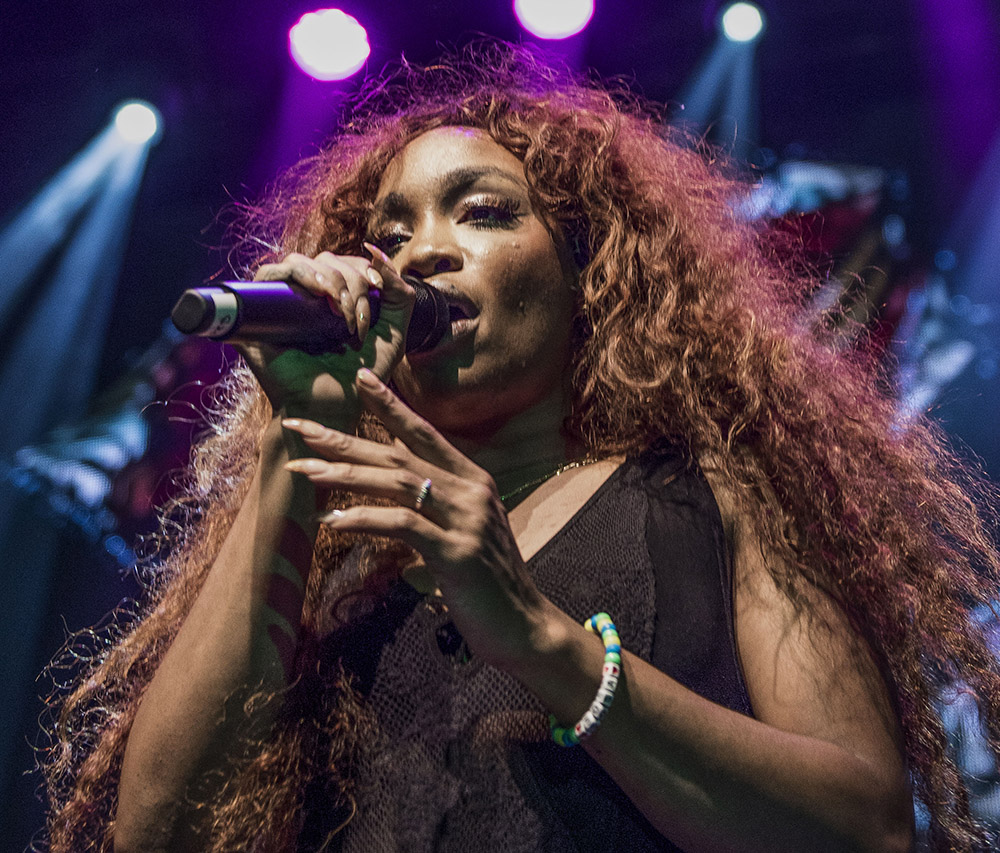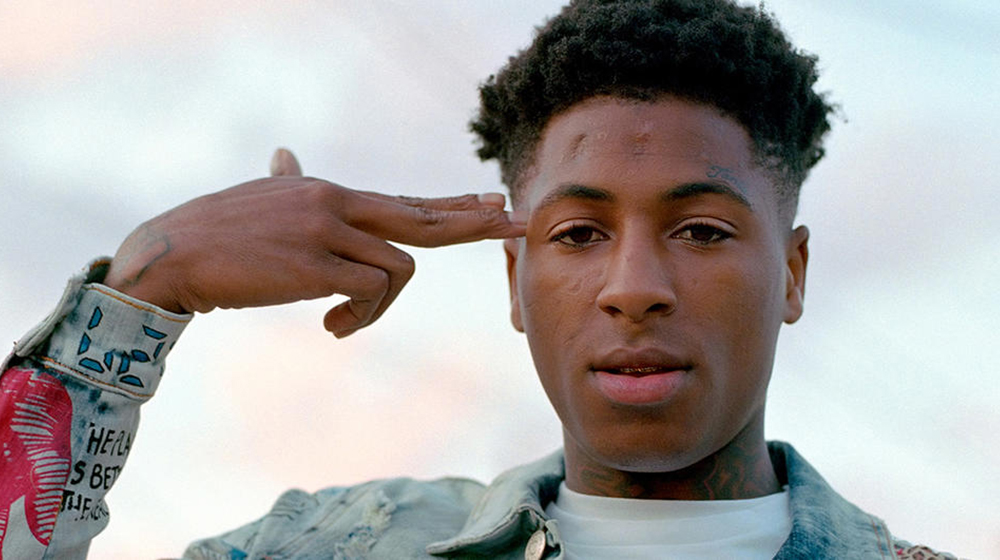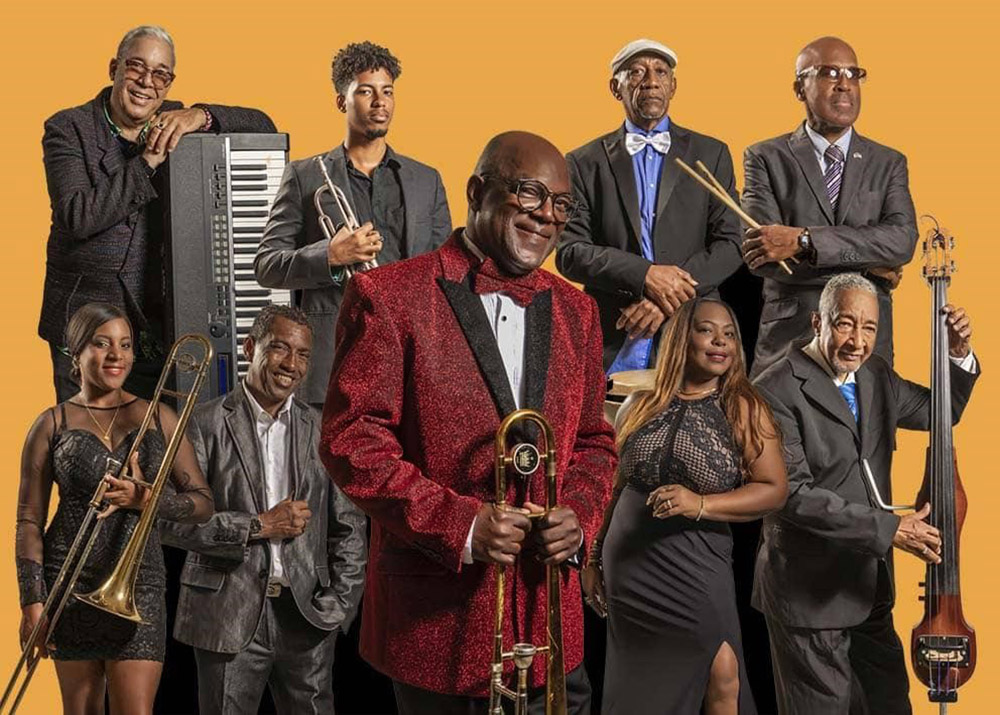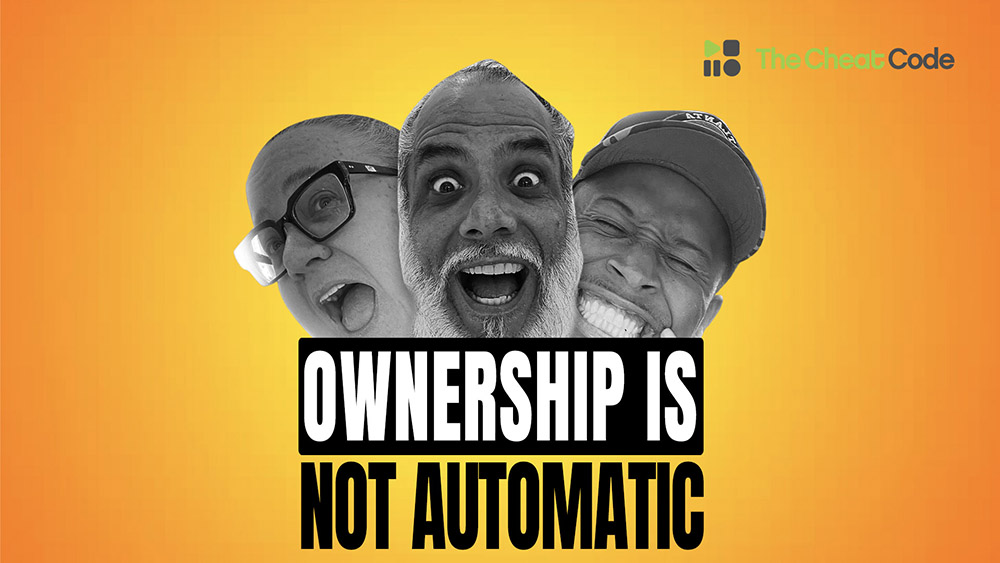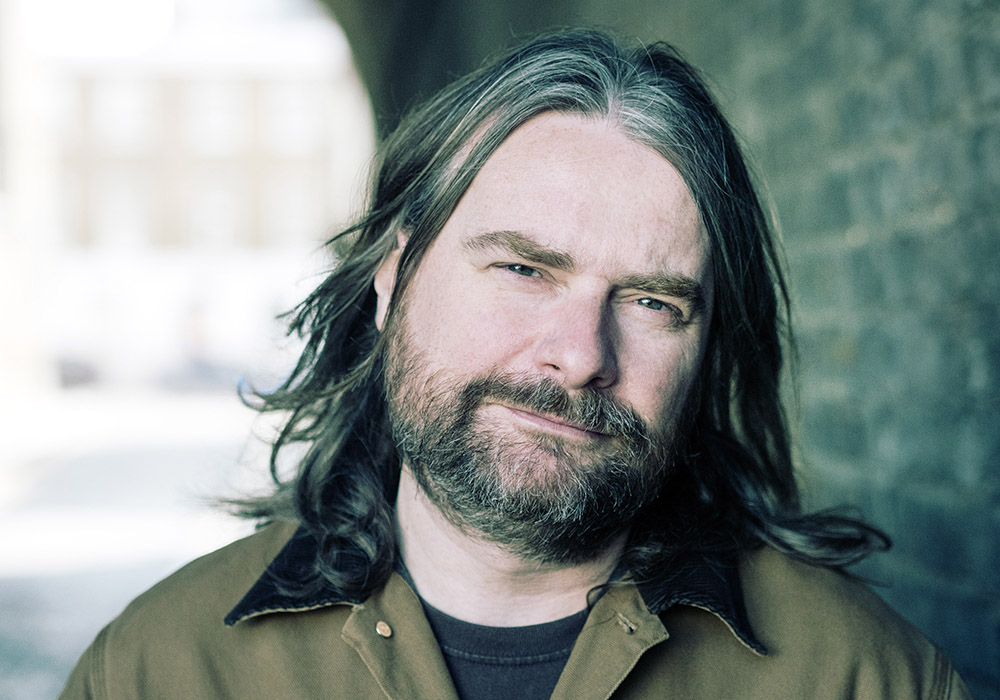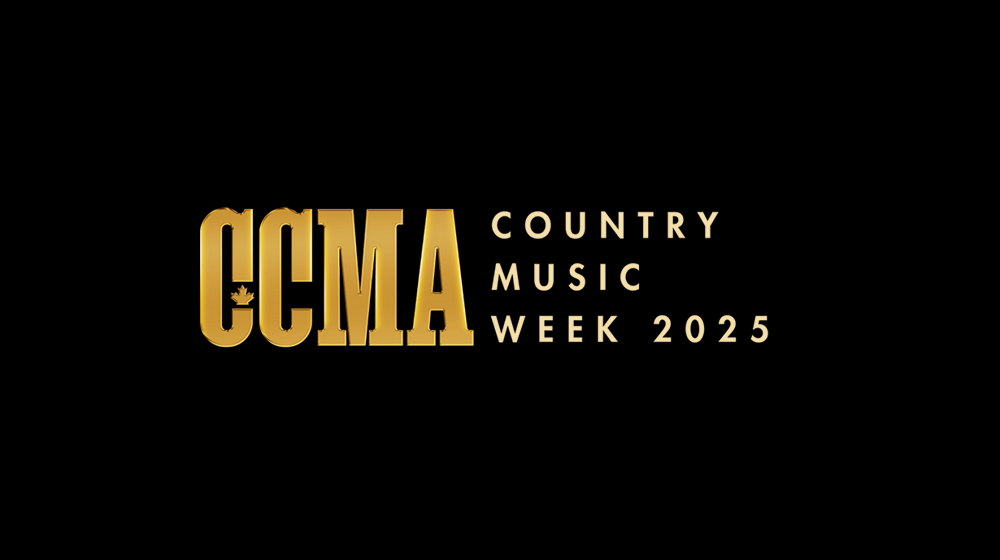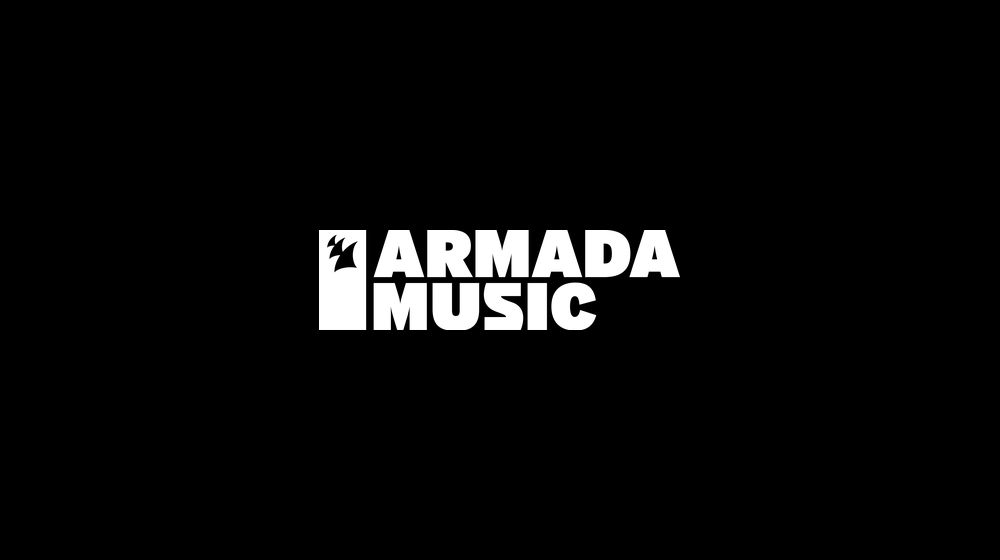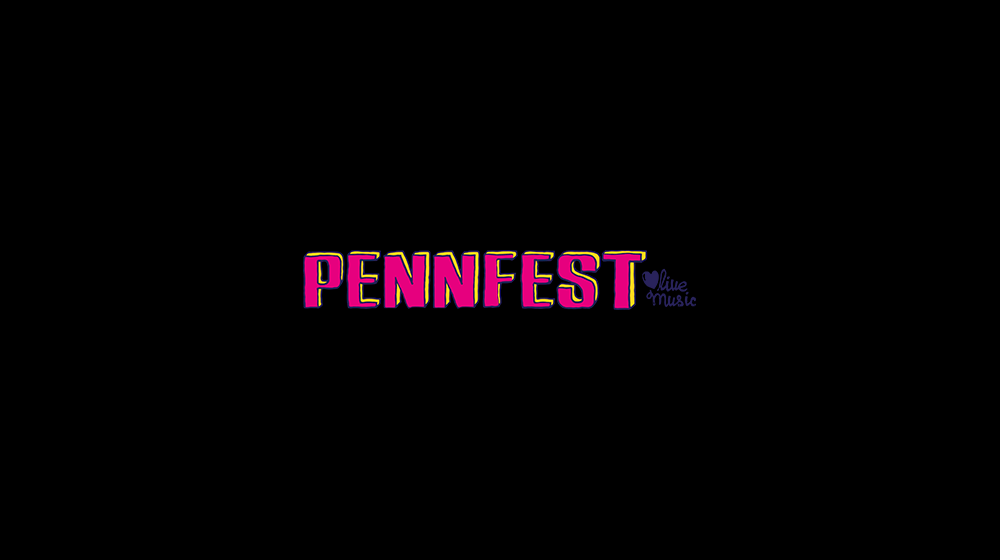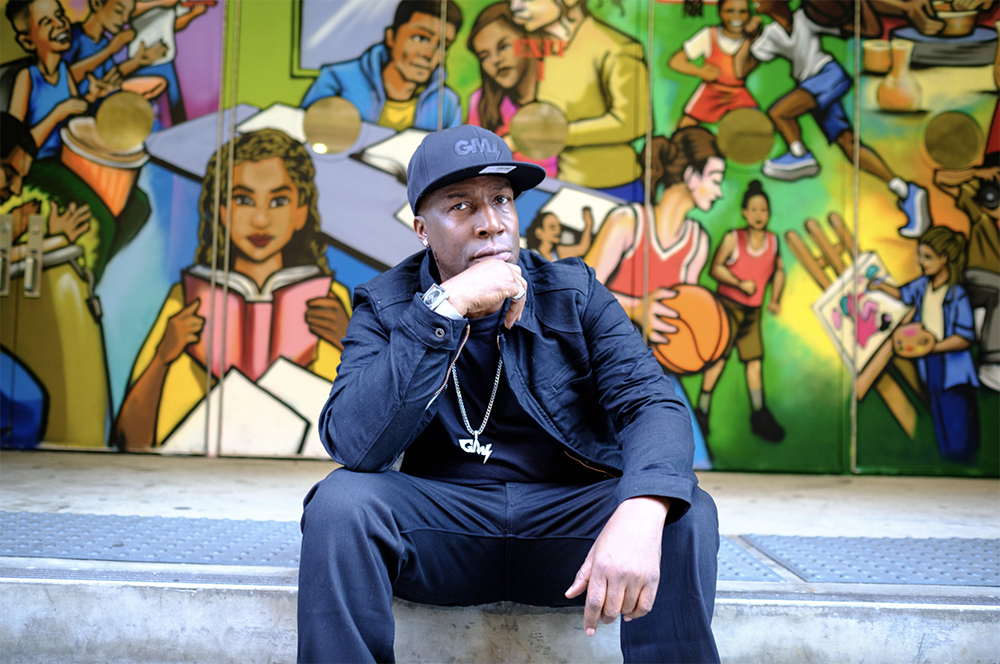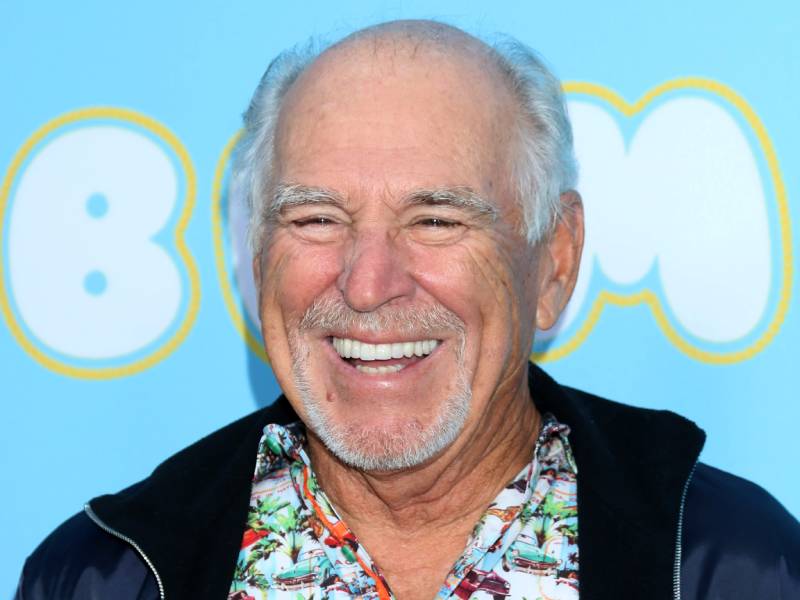
It was better than breaking a band.
In other words, what kind of crazy messed up world do we live in where not only does tech steal our money, but our thunder too? Where the geeks know marketing better than the entertainment pros?
Unlike the music business, Twitter realized it had to build a base. Do we really care about the left field twits the labels promote on a regular basis? They're so young they don't even have pubes, and they come and go in a flash. Whereas Twitter percolated in the market for years. It burbled underground, gaining adherents and causing the curious to kick the tires and play.
And when it hit critical mass, it went public.
And going public is all about money, it's got very little to do with the enterprise at hand, especially today, where the sideshow has become the main show.
First there was the drama. Who started it, who ran it, what's the backstory?
Is Jack Dorsey an evil genius backstabber or the next Silicon Valley hope?
The story was timed to peak just before the stock went public. With a new book, excerpted in the "New York Times Magazine" no less. But unlike in music, where the "Magazine" is the linchpin, if not the entire edifice of the campaign, the "New York Times" Twitter story was just an element of the conflagration, details for those who go deep. You provide data for those who truly care, who then talk about a subject and grow it. This is what the music business does at a very elite level. It gets the Miley story in "Rolling Stone."
But unlike Miley, Twitter reigns on! People are tweeting as we speak. Millions of them. That's what the music industry has wrong, it doesn't know that the spike is just an element of the campaign and not the whole damn thing.
The music business is all about the first week debut, then everybody moves on to the next thing. Tech realizes it's about usability, being constantly in your face. This is gonna come to music, just you wait, it's what's after the album, when streaming rules and everybody is hungry for new product by their favorites.
 Product. Who cares if Twitter is good or bad? Just like Katy and Gaga and Miley. If you're talking about them, they're making money. Hate is as good as love. Haters were out in force in the Twitter going public story. Naysayers are rampant in the money game. The WSJ even wrote a whole damn story why you shouldn't invest in Twitter, just index funds, because despite all the press, the game is not for amateurs, but pros. But somehow, via publicity/marketing, Twitter got us all to care.
Product. Who cares if Twitter is good or bad? Just like Katy and Gaga and Miley. If you're talking about them, they're making money. Hate is as good as love. Haters were out in force in the Twitter going public story. Naysayers are rampant in the money game. The WSJ even wrote a whole damn story why you shouldn't invest in Twitter, just index funds, because despite all the press, the game is not for amateurs, but pros. But somehow, via publicity/marketing, Twitter got us all to care.
And now the company's got this insane valuation. Which is never gonna last. Because most people can't figure out how to use the service and never will.
So to repeat…
1. Try a million things, when a band gets traction, let it percolate, don't push it too soon. Wait possibly years to reach critical mass. This is what Warner did with Gary Clark, Jr. and it was a good idea. Because insiders couldn't stop talking about him, couldn't stop spreading the word. He appeared at Coachella and you told everybody how great he was. Since the album's been out, buzz has been minimal. Clark needs new product. Instead he's hamstrung, trying to figure out what to do next, making sure it's the right move. The quality of the move is almost irrelevant, it's all about staying in the game!
2. Pick a target date. I.e. when you're going to go public, when you're going to release. Your publicity should not start too soon, if you've done your job well, percolation has established a base, publicity is about getting those not interested previously to pay attention. The Twitter frenzy was insane. The number one topic in America. Especially when we've got a can-do tech company and a can't-do government. In today's marketplace, if you're not reaching everybody, you're not doing your job. That's what Miley did so right. A short sustained publicity campaign that got people who don't even care about her talking about her, she got the public discussion going.
3. Don't worry about the quality of the feedback/story. This worked for Lana Del Rey. Unknown went to known overnight, primarily because haters said she was a no-talent fraud. Don't micromanage stories/responses, that's old school. Just keep pushing. Once you become ubiquitous, you've won, you're beyond criticism. Hating is a national sport. If people are hating you, that means you've made it.
4. Grant access. People want the insider story, the juicy details. We do this so wrong in music, everybody in a suit believes they're entitled to their privacy, which is ridiculous in this age, especially considering the stuff they're selling. Why was the act signed by the exec? Who passed? Who got screwed? These are the details that build a story. Sure, the music has to be good, but today the focus is on money and gossip, feed the machine.
5. The press is your tool. They need stories. Make them juicy. 
6. Focus on everything but the essence. Little of the Twitter hype was about the service, it's not easy to understand and even more difficult to use. In other words, if you've got an act with quality music, the hype is all about the penumbra. Hell, what can you say about great music other than you like it anyway? The key is to make people aware so they sample.
7. Constantly in the marketplace. That's what Kim Kardashian does so well. Not a day goes by without a story. And does she restrict access, say she wants the photogs to stay away? Of course not. She's in business with them. So they write about her. And you may deplore her, but everybody in her target audience, who might watch her TV show or buy one of her products, is aware of her. Awareness levels on musical acts stink. Because they don't use the media to their advantage. Gaga used to do this. But she forgot that the underpinning is music, she waited far too long to release new tracks.
8. Sure, it's about the hit song. But fans want more. This is what Metallica had wrong over a decade ago. Fans want to hear the work tapes, the discards. Everybody else doesn't care. So continue to satiate fans with new music. If Twitter were a band, it would close up shop after going public, making everybody search the archives with no new tweets, maybe in a year or two it would allow tweeting again. Huh? You're a musician, make music! Stop complaining you can't make money, that you've got to go on the road. Do covers on YouTube (Kelly Clarkson has done this, the credible stars believe this is beneath them, why, are they only fans of their own music?) Rearrange your songs. Make it new and different. Know it's less about your track than your overall persona.
9. The goal is to get everybody talking about you.
10. It's about winners and losers baby. And when you're winning, strike. Facebook waited too long to go public, the story became about the company staying private, the mercurial Zuckerberg, the anticipation killed us. Twitter knew exactly when to pounce. And there's not a hundred successful social networks, and there won't be a hundred successful bands. And social networking might become as passe as hair bands. Yup, social networking is a fad. Hell, even classic rock is a fad. You build it and milk it as long as you can. To think Twitter is forever is to believe the Eagles can have a number one record. At least that band is smart enough not to make it about new music, unlike Paul McCartney. Eagles ticket sales are up because of their "History Of The Eagles" Showtime airings and DVDs. They thought outside the box, can you?
























